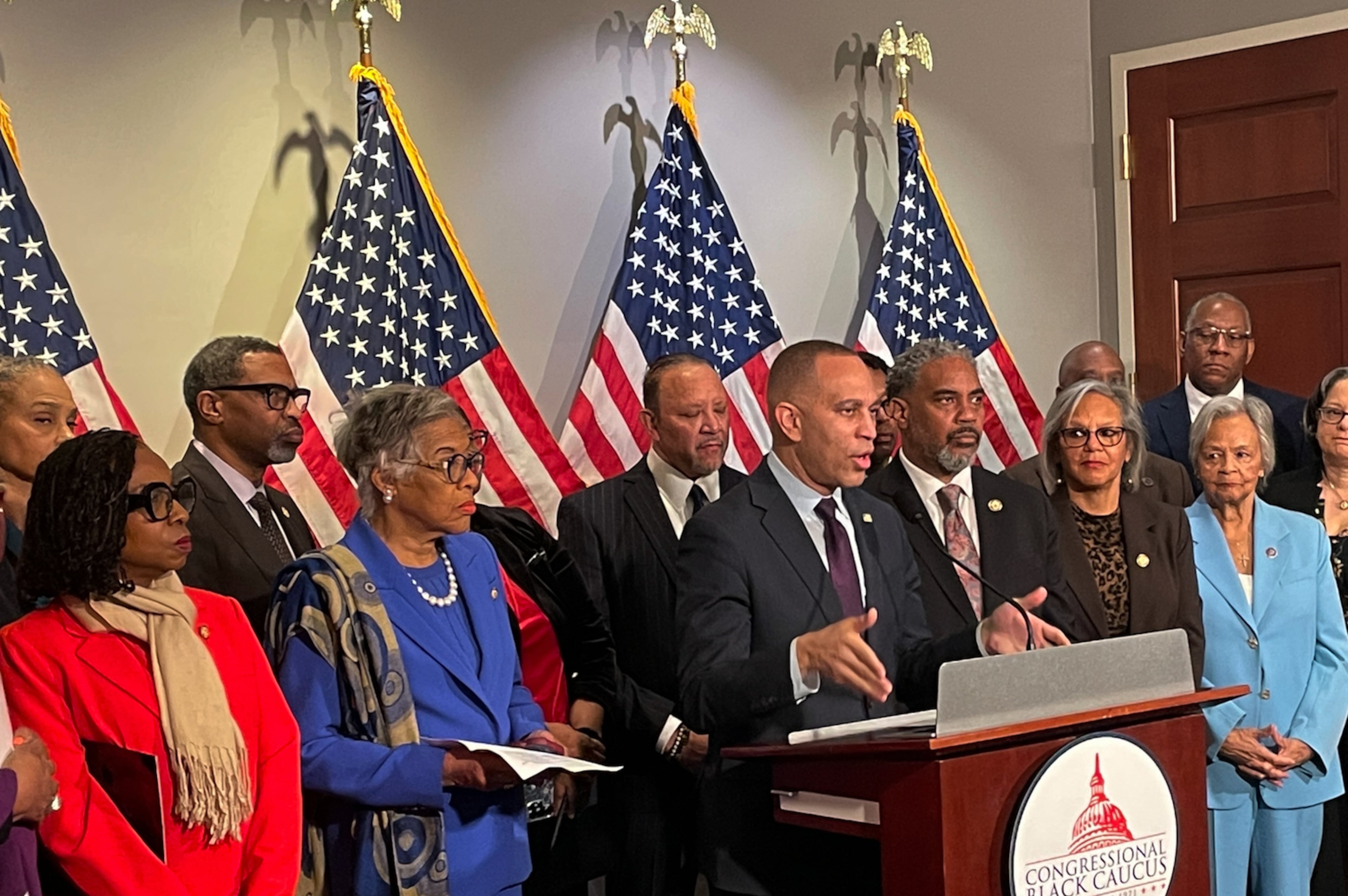Georgia Tech student group holds memorial to spotlight deaths in Gaza

The young women in traditional Palestinian attire stood under the blazing noon sun Tuesday as she beseeched a gathering crowd of Georgia Tech students to care about the tens of thousands of deaths in Gaza since war broke out there in October.
“It’s a genocide,” she said into the microphone, as about 50 students watched her speak on the verdant Tech Green in the heart of the Georgia Tech campus. People are starving, she said. Hospitals have collapsed.
The speaker was Renee Alnoubani, a 21-year-old civil engineering student who is also the president of the campus Muslim Student Association. She worked over the summer to coordinate the memorial event.
Classes began Monday. The display on the great lawn suggests that the passions concerning the war that burned so brightly last school year on many college campuses, including some in Georgia, have not dissipated. The organizers said they plan more such events on a near monthly basis.
Alnoubani said more than 40 student organizations, including local chapters of the NAACP and Doctors Without Borders, had joined the cause.
It was a calm event that had started quietly in the morning. While a dozen students planted hundreds of mini–Palestine Liberation Organization flags in rows, like crosses in a military cemetery, other students took turns at the microphone, reading names and ages of people who had died.
Less than 1-year-old, one reader repeated after reading several names. Next came several 7-year-old victims.
The next reader, a computer science student, said it dawned on him during his half hour turn at the mic that he was memorializing whole families. He’d get through a page of people only to realize that he’d been reading only one or two surnames. Babies, teenagers, adults — they were all “just gone,” said Abdulrahman, who only gave his first name for fear of retaliation.

Saima Firoj, who graduated last spring, returned to campus to help with the event. She said students want Georgia Tech to reveal details about any monetary relationships with companies that are arming Israel. They also want Tech President Ángel Cabrera to step away from the Atlanta Committee for Progress, which is backing the development of the Atlanta Public Safety Training Center in DeKalb County. They say they don’t want Israeli forces to train American police, which they think would happen there.
A spokesman for Georgia Tech had no immediate comment. As Alnoubani spoke at the mic, most students in the area were going about their business. At a shady table at the edge of the lawn, one young man plopped down with his lunch, pulling out his cellphone and tapping at it with a smile. Nearby, a young woman laughed as she talked about her post college prospects.
The organizers hope to gain momentum with each such event. They studied the anti-apartheid movement that made similar calls for divestment in the 1980s, and say they are motivated by what it accomplished.
“This movement is not going anywhere,” Firoj said. “I do expect more people to keep showing up.”



